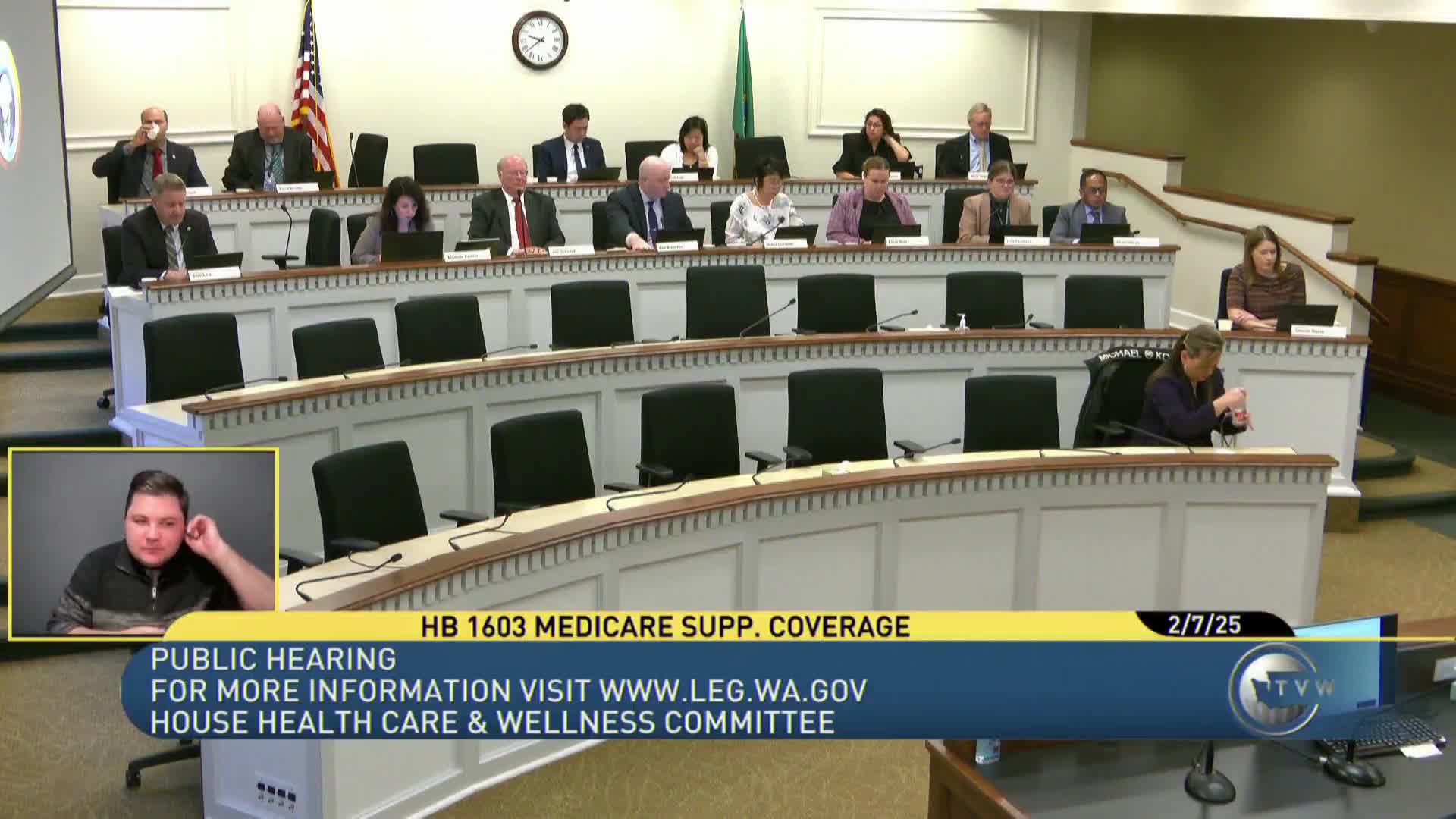Sponsor seeks state reporting on Medicare Advantage denial rates; insurers warn of federal preemption risks
Get AI-powered insights, summaries, and transcripts
Subscribe
Summary
Representative Birnbaum introduced House Bill 1639 to require Medicare Advantage issuers to disclose denial rates and appeals outcomes; proponents said transparency would help consumers, while insurer groups warned the state may be preempted from requiring such reporting and urged federal action.
Representative Adam Birnbaum told the House Health Care & Wellness Committee on Feb. 7 that House Bill 1639 would require Medicare Advantage issuers to disclose denial rates, the percentage of denied claims granted on appeal, and the appeals process to current and prospective enrollees.
Birnbaum said denied claims and prior authorization practices are significant drivers of costs and access problems. He cited federal inspector general findings that some Medicare Advantage denials have been inappropriate and said publicly available denial data would better inform consumers choosing between Medicare Advantage and Original Medicare.
Supporters including patient advocates and consumer groups urged the committee to require broader transparency. Robbie Stern of Puget Sound Advocates for Retirement Action said health systems have warned patients that Medicare Advantage plans deny more services than other insurance types and suggested disclosure could help beneficiaries make informed choices.
Insurer representatives, including Chris Bandley of America's Health Insurance Plans, opposed the bill, arguing it likely would be preempted by federal law governing Medicare Advantage or would invite unintended consequences. Bandley cited AHIP’s legal analysis and a federal regulatory framework for prior‑authorization reporting coming in 2026 and suggested state action risks duplication or preemption.
Office of the Insurance Commissioner staff told lawmakers the state has limited authority over Medicare Advantage due to federal preemption but noted that Congress will require Medicare Advantage plans to publish certain prior‑authorization data in 2026. OIC said it would provide the committee with relevant studies and expressed some uncertainty about the legal reach of the proposed state disclosure requirements.
No committee vote was taken on HB 1639; the bill received public testimony and follow‑up requests for the OIC study referenced by staff.
